Do you teach with a script?
4 Min Read • Teaching Tips
A few weeks ago, I had the opportunity to sit in on a professional development session focused on arts integrated teaching. One of the presentations came from a publication company sharing a new product integrating math and art. They showcased the many benefits to this approach, and even walked us through some sample lessons. This way, we could get a feel for how students might engage with this kind of work. We were all fully enjoying the experience – so much so that we couldn’t stop talking and discussing our “ah-ha’s” as we moved through the lessons.
I was excited about what I saw…until the other shoe dropped. As we neared the end of the presentation, the facilitator remarked that this new product was “plan-free”. Cue the warning bells in my head. Then, he continued by saying that the lessons in the books must be done in order. And, order must not be deviated from if you wanted the greatest impact upon student learning. By now, those warning bells in my head also have strobe lights. Finally, he concluded that the entire curriculum was a script, so teachers could literally just open the book, share the images and everything was done for you. GAH!!! I wanted to run out of the room as fast as possible – I was now at a full-on 5 alarm fire in my brain.
A Script or not?
As I drove home, I could feel myself seething. Seeing models like this makes me angry, insulted, and worried for our profession. It feels as though companies produce these materials to make teaching “dummy-proof”. As though, we are incapable of providing challenging and exciting lessons for our students, and to help facilitate their learning journeys. Plus, it takes the science and creativity out of the teaching experience. It goes against everything we believe in here at IAS.
But, as I began to calm down, my reflective self started to begin to rise from the ashes. No publication company would produce something like that without extensive market research as to whether or not it would sell. There MUST be a market for it somewhere. So, I ended up on some arts social media group boards and asked for feedback – do you like or dislike script curriculums?
Non-scientific findings
Many arts educators immediately piped up with my same initial reaction. Over 90% of them expressed that this kind of curriculum leaves no room for flexibility, creativity, innovation or inspiration in a lesson. But there were 10% or so who felt that there are some valuable components to curriculum that is scripted – and some of the points made were extremely valid. There were discussions surrounding the intended audience for this type of curriculum: is it for arts educators or classroom teachers? Classroom teachers may not feel comfortable integrating the arts and may need a bit of hand-holding or suggestions. There were also discussions surrounding the expectations that arts educators be teaching Common Core or other State Standards and that this kind of curriculum may provide a sort of “common ground” that could be utilized.
Takeaways…
Thinking through all of these points brings me to a few overarching themes when considering a script curriculum:
1. Be clear on the intended outcome and audience. If this is for a specific population (like ELL students, students with IEPs in math, etc) and teachers need support because they are unfamiliar with best practices in these areas, then a script may be helpful. Additionally, if the intended outcome is a measurable amount of growth within one content area, keep that in mind when utilizing these kinds of resources.
2. Make it your own. As with anything, take the best pieces from whatever resource you have available and put your own stamp on it. Even if it is scripted and you must follow a certain order, look for ways you can make it personal to your class or content area.
3. Never compromise your integrity, or that of your arts area. I don’t care what resource is presented – I won’t compromise my educational philosophy, the arts content, or the learning needs of my students regardless of any script.
Your thoughts?
Obviously, this is an evolving conversation and I’d love to know your thoughts! Do you use a script curriculum? What are the pluses and minuses for this kind of approach? I’m anxious to learn more from you!



